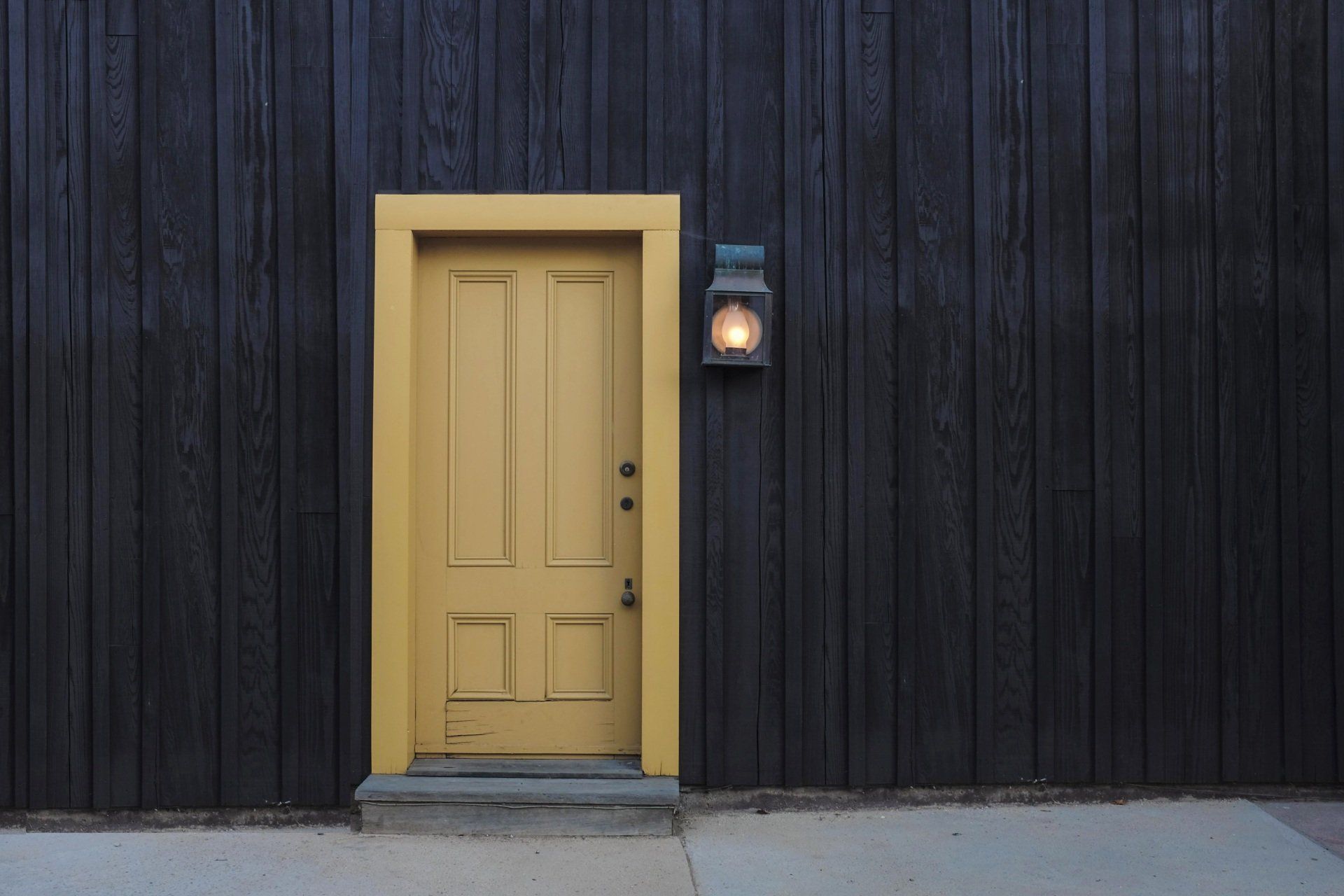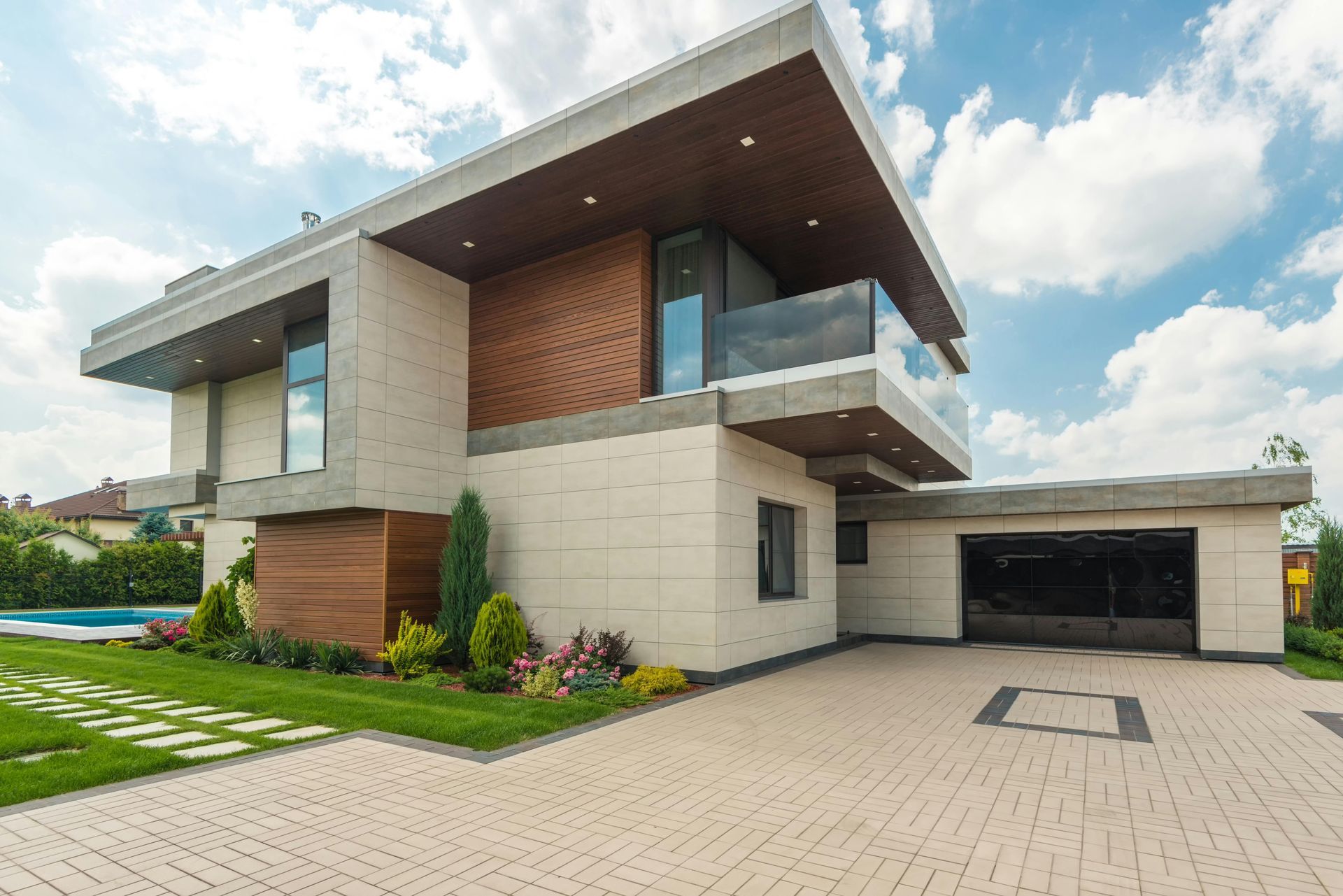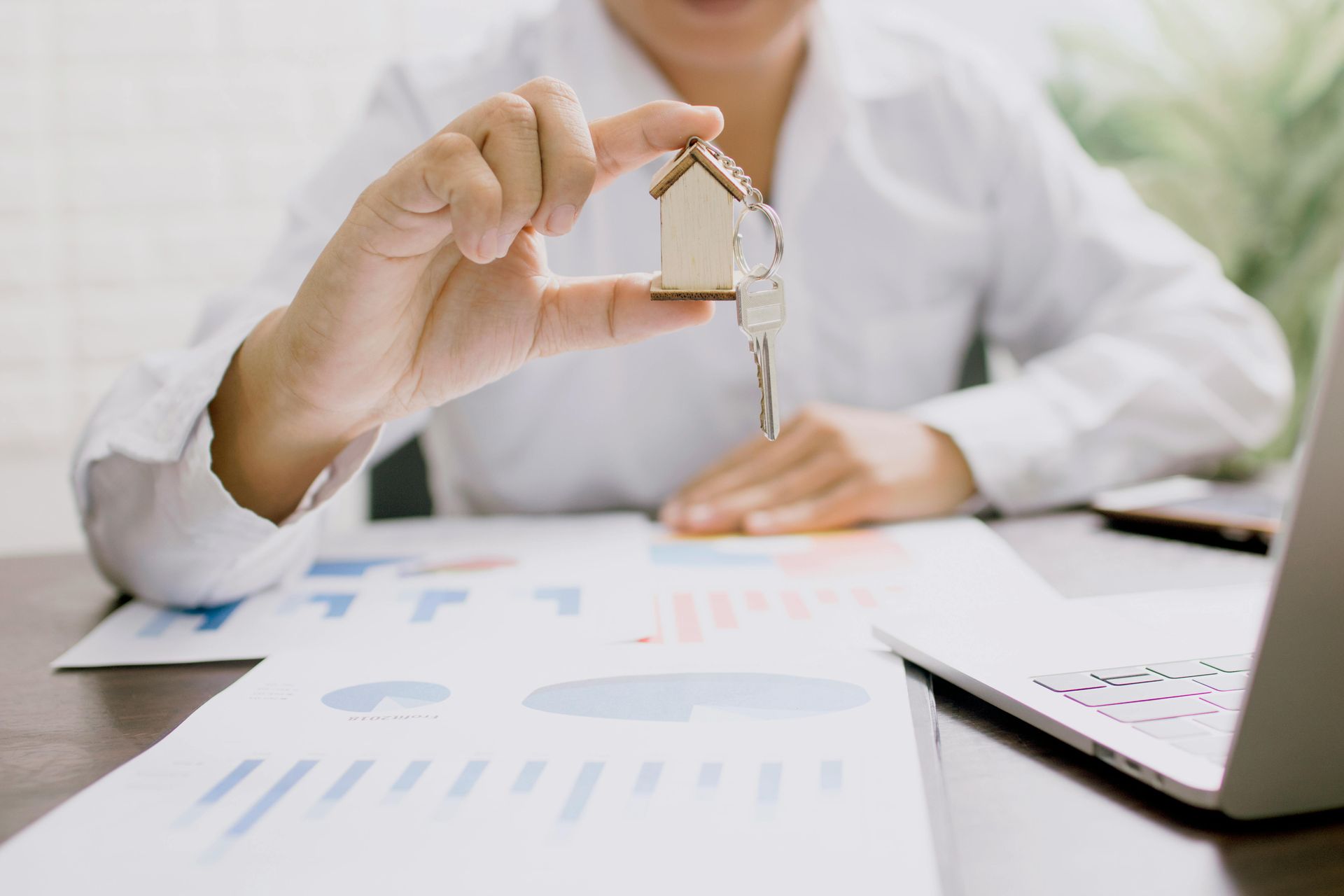Gabbi knew that real estate was the right career from the start. She is now dual licensed in both Kentucky and Ohio. She had her first sale within a month of getting licensed and hit her first million in volume within her first 6 months. She will have her real estate license for the rest of her life. Call her anytime if you have questions about becoming a real estate agent. She loves to share her passion for real estate with others!
- Get a License
-
Post-License
Post-License Courses
- Reciprocity
- Managing Broker
- CE
- Exam Prep
- Get a License
-
Post-License
Post-License Courses
- Reciprocity
- Managing Broker
- CE
- Exam Prep
How Much is a Down Payment for a House and an Investment Property?

In this blog we will break down what it costs to buy a residential home, an owner-occupied investment property, and non-owner-occupied investment property. Let’s quickly define these terms:
- Residential home: a single-family home that the owner purchases to use as their main residence.
- Owner-occupied investment property: a property that the owner/landlord uses as their main residence and as a rental. This property can be a single-family home or a multi-family home.
- Non-owner-occupied investment property: a property that the owner purchases for income-generating use. This property can either be single-family or a multi-family home.
Now let’s look at the costs for purchasing all three properties and how you need to prepare differently for each.
Inspection
For all three of these properties, I recommend performing an inspection. If there are too many issues with the home and you want to be released from the contract, you will not get your money back for your inspection. If this happens multiple times, this cost will naturally increase. Sometimes the inspector will recommend that you get a professional to address or estimate a repair, then that will be an additional cost as well. This cost could be for a structural engineer, a plumber, electrician, HVAC specialist, or any other home specialist. The inspection costs are fairly even across the board.
- Residential home:
- Cost: $500-800
- Owner-occupied investment property:
- Cost: $500-800
- Non-owner-occupied investment property:
- Cost: $500-$800
Down Payment
For the sake of the example, we are going to assume that we are purchasing all these properties at the purchase price of $350,000. Obviously, these estimates can vary based on your financial situation.
- Residential home: For a residential home you are normally looking at 3.5-6% of the purchase price.
- Cost: $12,250-$21,000
- Owner-occupied investment property: because you will be using this property as your main residence you can also get away with a lower down payment. It also falls in the 3.5-6% range. You can put more down if you’d like to try and decrease your interest rate or monthly payments.
- Cost: $12,250-$21,000
- Non-owner-occupied investment property: He’s where it gets tricky. When you are buying an investment property to rent right off the bat, you will usually need a minimum of 25% of the purchase price down.
- Cost: $87,500
Closing Costs
Closing costs are usually 3% of the purchase price. They can decrease if the seller agrees to pay part of the buyer's closing costs or increase depending on the loan officer's fees. Again, these costs will be the same for each asset.
- Residential home:
- Cost: $10,500
- Owner-occupied investment property:
- Cost: $10,500
- Non-owner-occupied investment property:
- Cost: $10,500
Homeowners and Mortgage Insurance
You will need homeowner insurance for all three properties. You will want to work with a local insurance agent to determine your rate. We will roughly estimate this cost with an example. If you pay less than 20% down on your mortgage, you will have to carry mortgage insurance for the beginning life of your loan. Your loan officer can help you determine this monthly cost as well. This cost will be included in your monthly mortgage payments and will not need to be saved before purchasing a home. You won’t need to save up for these costs but they will be included in your mortgage payment each month.
Immediate Home Maintenance, Repairs, or Updates
I would have money set aside to make repairs before you occupy the property. If you are not planning to live on the property, I would save up a little more cash. This is because you won’t be able to live there and fix it at your leisure. You will want to get it fixed asap so that you can collect cash flow on the property.
- Residential home:
- Cost: $3500
- Owner-occupied investment property:
- Cost: $5000
- Non-owner-occupied investment property:
- Cost: $5000
Now that we’ve talked about all the costs associated with buying these types of properties. Now, let’s add everything up so we can estimate how much we need to save before we are ready to purchase a property.
Minimum savings before purchasing one of these properties at $350,000 is:
- Residential home:
- Minimum estimated savings: $26,750-$35,500
- Owner-occupied investment property:
- Minimum estimated savings: $28,250-$37,250
- Non-owner-occupied investment property:
- Minimum estimated savings: $103,500
Don’t let these numbers intimidate you. Just create a budget and put additional income in a high-yield savings account until you are ready to make the purchase. This allows your money to accumulate more interest than a traditional savings account and it’s more accessible and less susceptible to market dips than putting your money in the stock market. If you’d like to read more about investment properties and building wealth click here for our other articles in the Career Corner.
About the Author
Recent Posts





Let's Stay Connected
Want to join the prec community?
Join our mailing list!
All Rights Reserved | Perry Real Estate College | Site by Fix8





